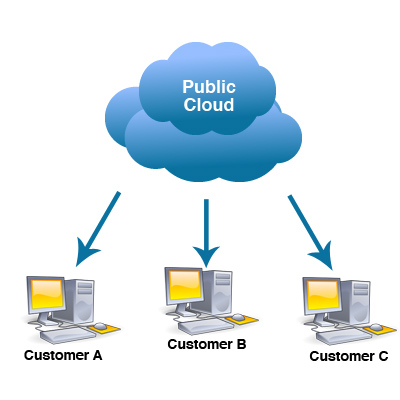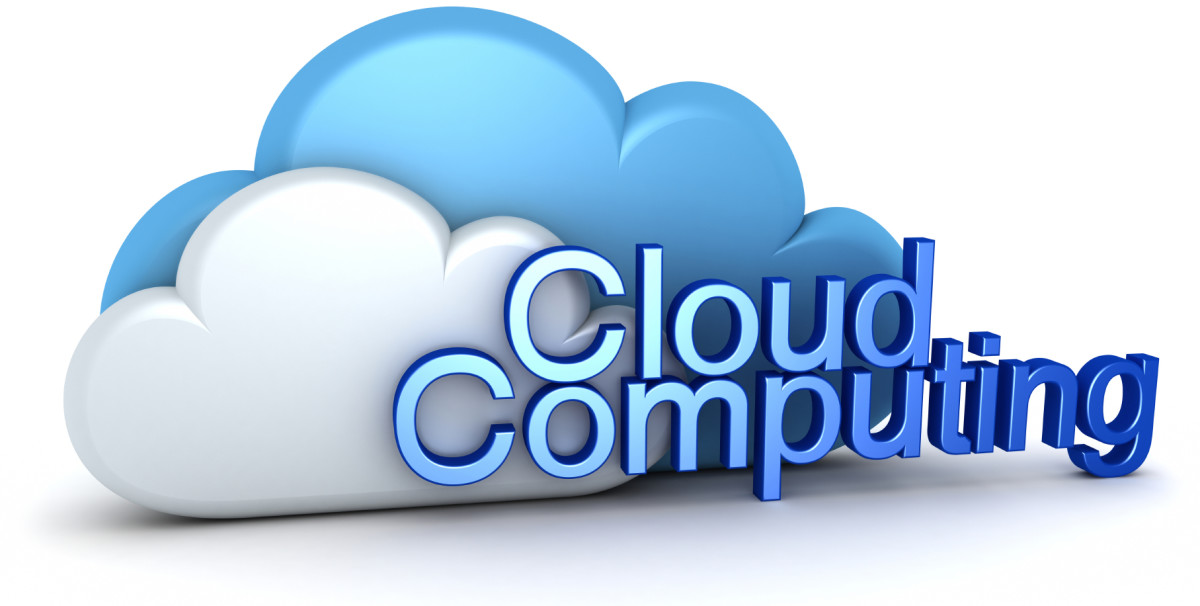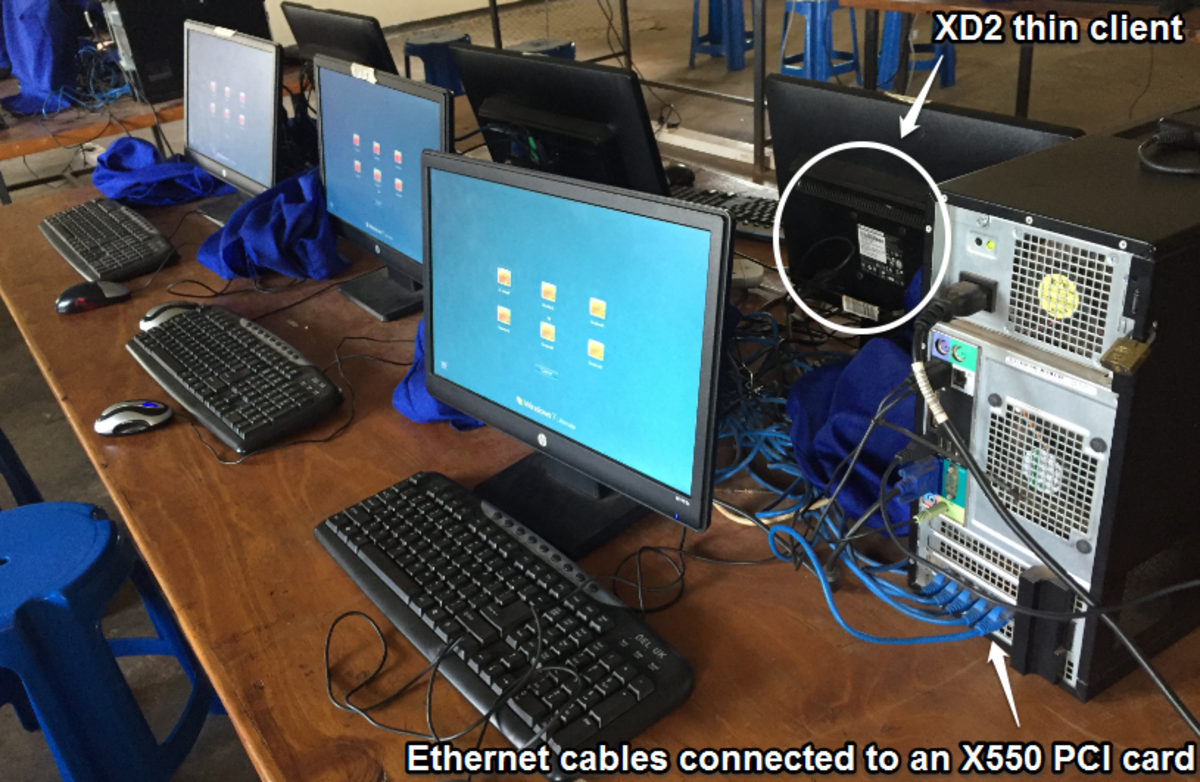- HubPages»
- Technology»
- Computers & Software»
- Computer How-Tos & Tutorials
Cloud Computing: Deciding Between Public Cloud And Private Cloud


Small, medium and large companies are now focusing on implementing IT strategies that will have maximum returns on their investment while at the same time capitalizing on time-to-market and efficiency gains.
Cloud computing is such IT strategies and while it is a worthy investment, Professional IT managers are still a bit confused about what public and private clouds actually are, many organizations still struggle with the decision between public cloud versus private cloud.
To complicate things, the lines between private and public clouds are blurring. Some public cloud companies offer private versions of their public cloud services, while other companies that provide private cloud computing services are now offering public versions of those same services.
A public cloud such as Amazon’s Elastic Compute Cloud (EC2), Google AppEngine, or Microsoft’s Windows Azure Services Platform is a shared computing technology resource that is made available over the Internet and can be used on As-IS-Needed (AIN) basis. In contrast, a private cloud is designed specifically for one organization’s use and is dedicated to that organization.
Both public cloud and private cloud are great computing concepts, they are both enhanced by virtualization technologies and they provide an organization with an “evergreen” approach to IT. Both concepts are scalable and organizations can obtain the technologies they need when they need them, without having to purchase and maintain an array of complicated in-house systems. So, what is the difference then between public cloud and private cloud?
When it comes to the initial setup of cloud computing resources, public cloud is faster to setup and to align to the goals of an organization. Also, with a public cloud, there is less organizational shift and computing needs like storage, applications and other services can be acquired as needed.
If your organization needs a wide access to a scalable range of IT technologies with virtually no restrictions, you’ll probably want to have a public cloud as an IT manager. One downside though about public cloud is that it does not provide the same level of transparency as in private cloud, it does not always come out clearly of what you’re getting off the shelf with public clouds.
What is Cloud Computing? Explained
Private clouds offer security and greater flexibility than public cloud, but they have a higher initial setup costs than public clouds. Private cloud services require a professional IT manager to handle technology standardization, virtualization and operations automation, as well as operations and business support systems.
If an organization has a high security priority and need for transparency, then it may opt for a private cloud rather than a public cloud. Public cloud still presents security concerns among IT managers. In a private cloud, the infrastructure policies are governed by a single organization where data can be moved to and from internal and external data centers.


Private cloud provides a single point of control for security in an organization. With a private cloud, a company can run its own cloud data center efficiently and effectively on its own as it will grow conforming to strict security and data privacy policies.
If an organization has a high transaction needs that require low security level, then a public cloud is better since there will be need for high-volume processing and monitoring tools. With such a setup, delays on acquisition, implementation and integration would be avoided while at the same time taking the advantage of pay-as-you-go services of a public cloud.
If an organization’s data and applications are mission critical, there will be need to ensure that systems will not suffer from frequent or extended downtime periods. Downtime can have disastrous consequences both in terms of financial loss and damage to company reputation. For this reason, a private cloud with professional monitoring would be better than a public cloud.
The best way then to decide whether you need a private cloud or a public cloud or even a hybrid cloud for your organization is to outline the goals and policies of your organization. Decide what business factors should be given priority, do the trade offs, ask cloud providers what you need to know and then go ahead and implement the suitable cloud option that will factor those business goals and policies.
Related articles ...
- What is cloud computing? A beginner's approach
Cloud computing is simply a set of pooled computing resources and services (“cloud”) delivered over the internet ...
- Top 5 Best Reasons For Using VPN Services When Connecting to Internet
Individual users as well as small and large companies are using Virtual Private Networks (VPNs) to route data securely over unsecured public networks such as internet. Here are the top reasons why you should be using VPN services.
- What is TelePresence?
Design of a Telepresence system will mostly be limited by installation cost, equipment, cost of bandwidth, expertise, distance, topographical setup, provision of LAN or WAN ...








